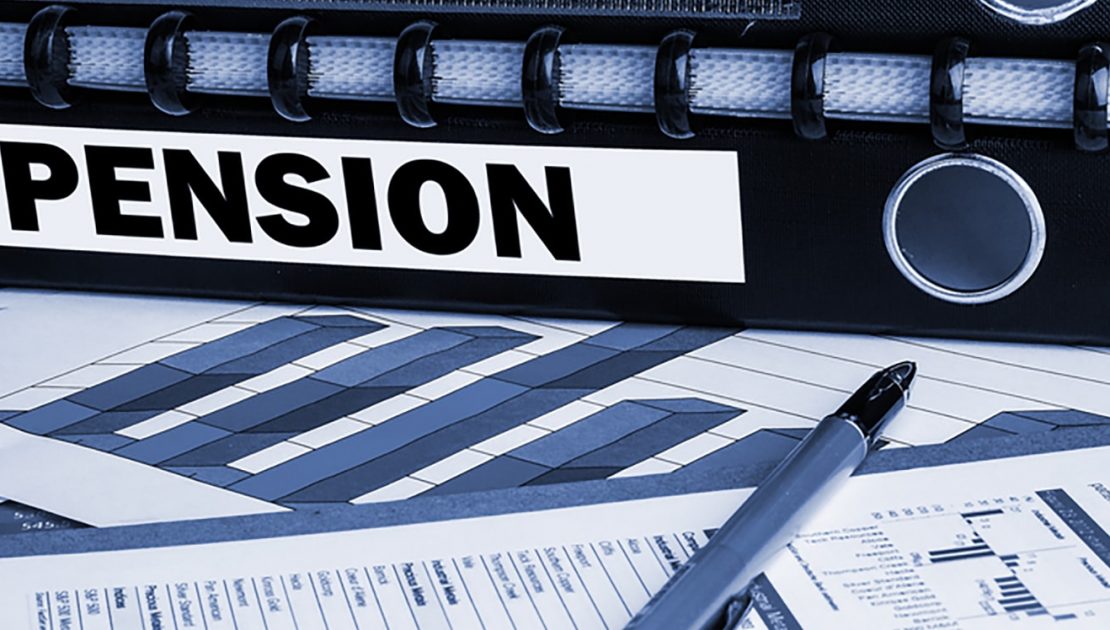DISCLAIMER
Please be aware that information within our blogs does not constitute financial advice.

What is a phased retirement?
Retirement isn’t what it used to be.
Once upon a time, it was very clearly defined. We tended to stop work on a specific day at about 65 and that was it… until, well, we stopped altogether. Retirees had a state pension, topped up by a final salary pension. This was enough to live the life you were accustomed to – albeit briefly, average life expectancy in the ‘70s was just 70.8.
Now, we live life longer and with higher expectations. Retirement no longer means a few years waiting around. It is instead a chance to spend decades dining, travelling and pursuing all manner of leisure activities.
These expectations require one thing: money. Yet our pensions incomes have become far less predictable.
Back in the ‘70s, we tended to have one employer for life. This meant one pension – easy to manage and keep on top of. Today, we move around and accumulate various pension plans. It’s easy to fall into a false sense of security, to assume these are being looked after by someone. Sadly they often aren’t.
In response to all of this, people are now choosing a ‘phased retirement’. This is a retirement that takes place over time, with work phased out of life.
For instance, many of my clients choose to leave the corporate world and enter consultancy or a new, less-demanding occupation. Working freelance means you manage your own time, free from a desk and commute.
This ‘first stage’ is all about flexibility and choice. I meet many people who could, financially, retire straight away. But instead they prefer to gradually wind down their commitments and, in doing so, earn more money to live the retirement they want.
However you retire, it is important to put yourself in the best position possible. To do this, it’s essential to take advice, look at the pensions you have and to ensure that your other retirement vehicle are on track and working hard.